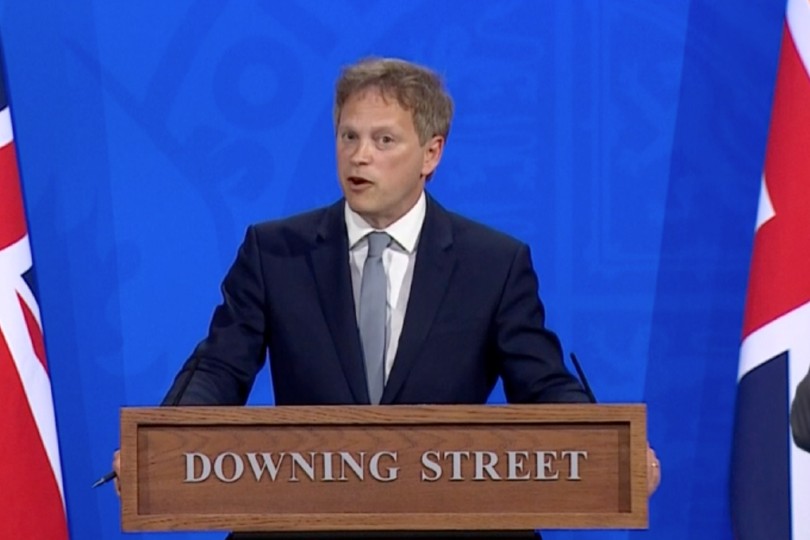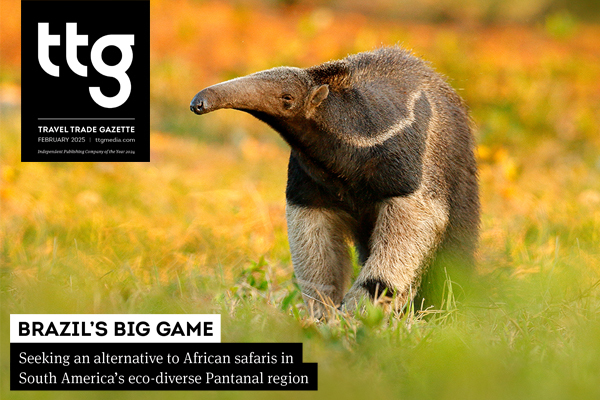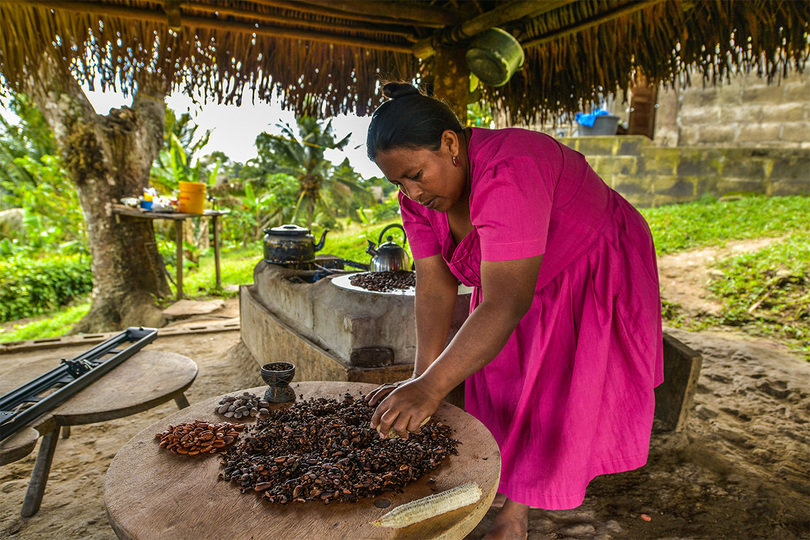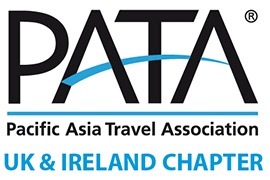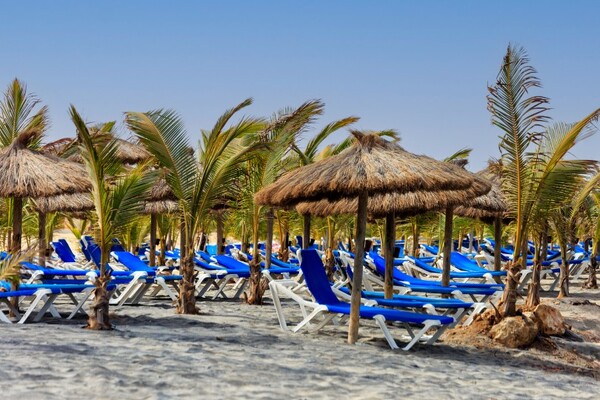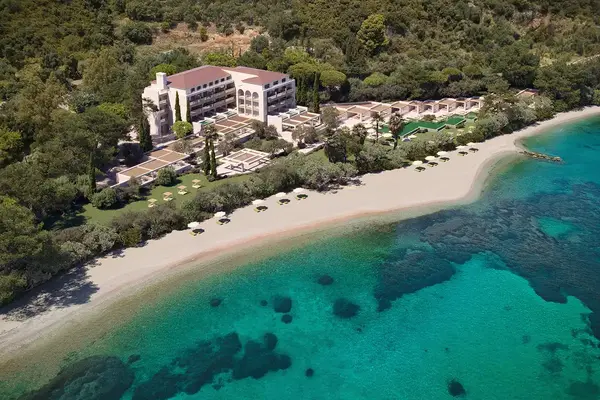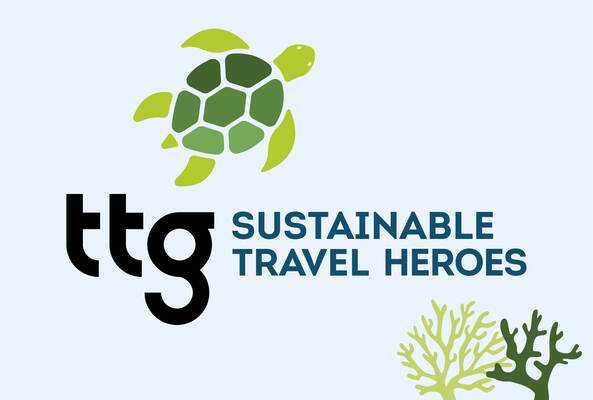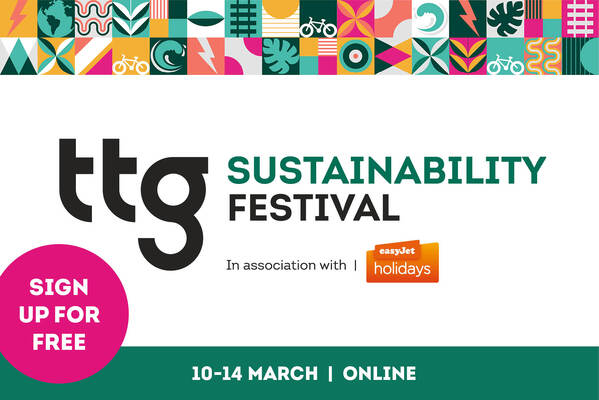Portugal removed from green list due to 'Nepal mutation'
 Rob Gill
Rob GillTransport secretary Grant Shapps has confirmed that Portugal will be removed from the England’s green list from Tuesday (8 June) as the government opts for a “safety first” approach.
Shapps said it was a “difficult decision to make” and Portugal was being moved to the amber list due to a rise in the country’s Covid-19 positivity rate in the past few weeks and also the emergence of a “Nepal mutation” of the so-called Indian or Delta variant.
“The positivity rate has nearly doubled since the last review in Portugal and the other thing is there’s a Nepal mutation which has been detected and we just don’t know the potential for that to be a vaccine-defeating mutation,” he told BBC News.
Portugal, including Madeira and the Azores, will be moved to the amber list from 4am on Tuesday (8 June).
While seven countries - Sri Lanka, Costa Rica, Egypt, Trinidad & Tobago, Bahrain, Afghanistan and Sudan -have also been added to the red list, which requires a 10-day quarantine in a government-organised hotel for arrivals in England.
Shapps made it clear that the government wanted to adopt a “safety first” approach to international travel ahead of the planned domestic unlocking on 21 June.
He added that by taking “decisive action” now, international travel could open up more quickly “down the line”, once other countries had “caught up” with the UK’s vaccination programme.
“The first thing to do is to protect the unlock domestically and we don’t want to put that in danger,” said Shapps.
He also reiterated that amber destinations were “not there for holidays” but only “emergency situations”.
Shapps again refused to offer the travel industry - outside of aviation - any sector specific support to see companies through the rest of the crisis. He instead talked about the continuation of the furlough scheme and the £7 billion of support the government has provided for the wider UK economy during the pandemic.
Sign up for weekday travel news and analysis straight to your inbox

Rob Gill
Supplier Directory
Find contacts for 260+ travel suppliers. Type name, company or destination.
